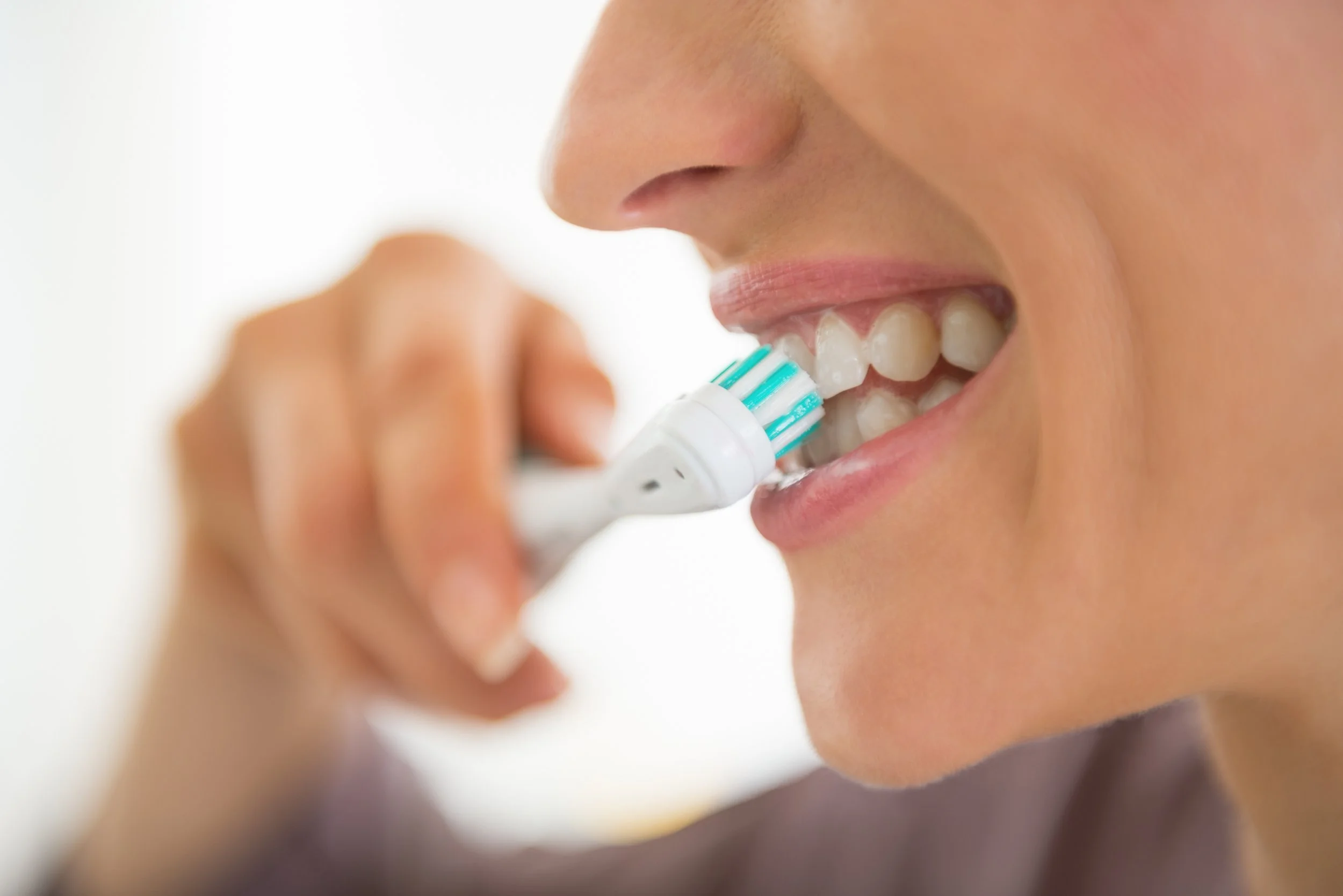NO ONE LOOKS FORWARD to getting “long in the tooth” because of gum recession.
However, while tooth length might be an accurate yardstick for judging the age of a horse, age is not the culprit behind receding gums in humans. Gum recession is simply such a gradual process that it can take decades before the effects are noticeable.
Gum Recession Might be Unavoidable
In some cases, there is nothing people can do to reduce their chances of developing the condition. Some people inherit thin and fragile gums which recede more easily. Others have teeth which are overcrowded or stick out, meaning that there’s not enough jawbone to cover the root of the tooth.
Bruxism or Chronic Teeth Grinding
Bruxism causes a whole host of problems for your oral health, and one of them is increasing your risk for gum recession. The grinding might happen at nighttime and you might be a might grinder without realizing it. Grinding or clenching puts too much pressure on the teeth and structures supporting them. As teeth flex during the movement of the jaw the gums recede, exposing the roots of the teeth. If you think you are doing this during sleep we can make you a bruxing indicator mouth piece that you wear overnight and it shows us where and how you grind your teeth.
Overcleaning Damages Gum Tissue
You can damage your teeth by overbrushing them or if you use medium or hard tooth brush. The ideal brushing technique is to use soft bristle tooth brush and at 45-degree angle into the gums with circular motion to clean the teeth. Improper flossing technique could also damage the gums. Floss should be used to polish the side of the teeth and not pushed into the gums. Continuous cutting of the gums with floss causes gum recession.
Tartar Buildup And Gum Disease
When plaque isn’t removed by brushing and flossing, within 72 hours it hardens into tartar, which can only be removed by dental professionals. This means that the longer you go without a routine dental cleaning, the more tartar builds up along your gum lines, which puts you at risk for gum disease. Speaking of which…
In the early stages of gum disease, also called gingivitis, the health of your jaw bones is not yet at risk, which is good for avoiding gum recession. If your gums are tender, swollen, and bleed easily,
it’s likely gingivitis. You can combat it with healthy brushing and flossing habits, but it’s also wise to bring the problem to us.
If untreated, gingivitis advances to become periodontitis. This is when gums start pulling away from the teeth and the integrity of the jaw bones is compromised. There are many risk factors for gum disease, including smoking, hormonal changes (like during pregnancy), diabetes, and dry mouth as a side effect of medications. At this point, better oral hygiene habits aren’t enough and professional treatment is absolutely necessary.
Help Us Help You Keep Those Gums Healthy!
If you’re worried about the structure and health of your gums, don’t hesitate to schedule an appointment with us! We can help you get your gum health back on track and discuss treatment options.
We’re rooting for you!
Copyright: <a href='https://www.123rf.com/profile_racorn'>racorn / 123RF Stock Photo</a>
The content on this blog is not intended to be a substitute for professional medical advice, diagnosis, or treatment. Always seek the advice of qualified health providers with questions you may have regarding medical conditions.











